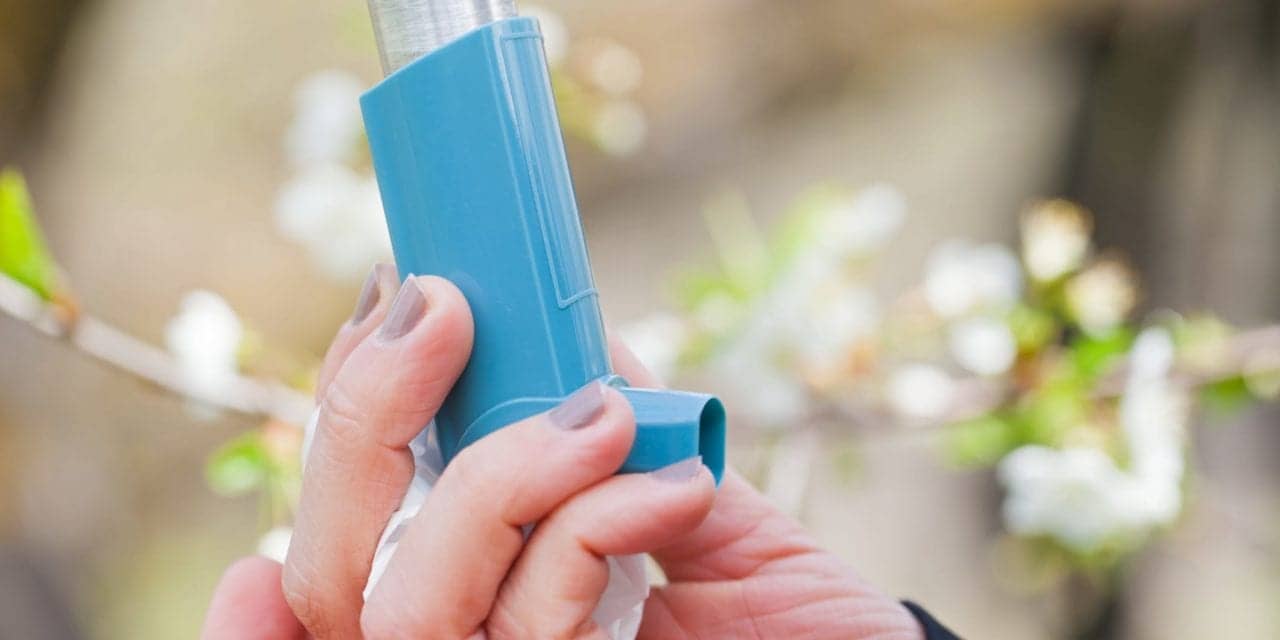Latinos with asthma were 4.6 times more likely than non-Latino Blacks to develop asthma exacerbations following COVID-19 infection, and 2.9 times more likely than non-Latino whites, according to a study presented at ACAAI 2021.
The study of 174 adult COVID-19-positive patients with a history of asthma showed uncontrolled asthma symptoms lasted longer for Latinos with asthma who suffered with COVID-19. For Latinos with a COVID-19 infection, their asthma symptoms lasted 3.2 weeks compared to 1.5 weeks for non-Latino Whites and 1.4 weeks for non-Latino Blacks.
“Despite the differences in symptoms we found in the study participants, we didn’t see a difference in the likelihood of starting steroids for symptom relief, nor for starting asthma step-up therapy (more aggressive treatment when asthma is uncontrolled) between Latino, non-Latino white and non-Latino Black populations,” said Mahboobeh Mahdavinia, MD, PhD, ACAAI member and study co-author. “All the groups sought a similar number of asthma-related provider visits, including in clinic, the emergency departments, or via telehealth.”
Respiratory viruses are the most common trigger for asthma exacerbations, although not all viruses affect asthma patients equally. Some viruses such as influenza and rhinovirus are more likely to trigger asthma flares than others. Currently, studies do not indicate that those with asthma are at any higher risk of contracting COVID-19 than those who don’t have asthma.
Latinos with Asthma
Go To Source For Respiratory Therapy Coverage
RT delivers in-depth coverage of the clinical, regulatory, and technology landscape for respiratory therapy—and reaches more than 28,000 key decision-makers and influencers. As one of healthcare’s most important data companies, we facilitate the rapid adoption of medical devices and practice management tools into the industry.
Go To Source For Respiratory Therapy Coverage RT delivers in-depth coverage of the clinical, regulatory, and technology landscape for respiratory therapy—and reaches more than 28,000 key decision-makers and influencers. As one of healthcare’s most important data companies, we facilitate the rapid adoption of medical devices and practice management tools into the industry.










